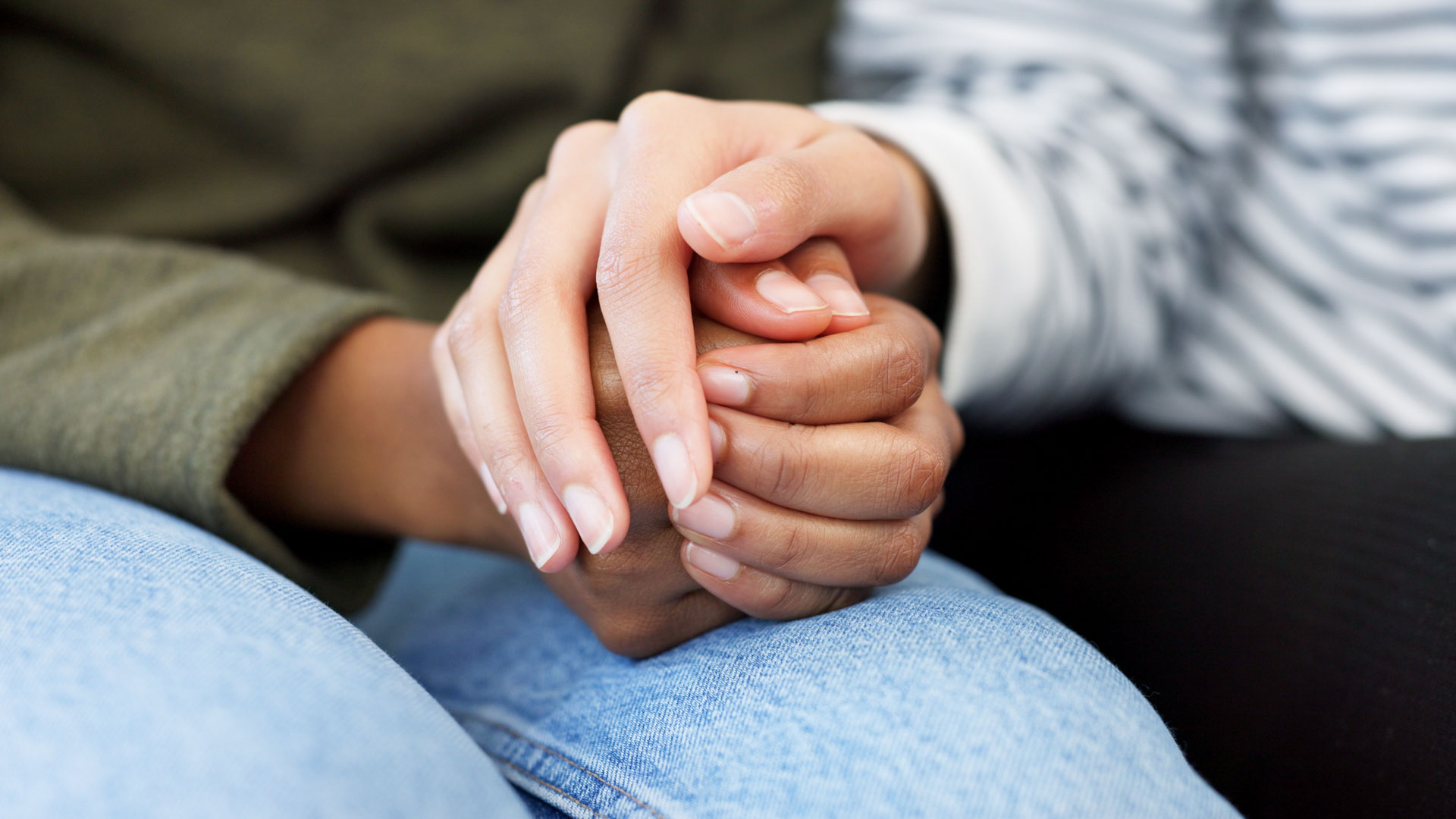Restorative Justice: Healing Sexual Wellness Through Connection

Rethinking Justice Beyond Punishment
Experiencing sexual harm can be deeply traumatic, and traditional justice systems may feel inaccessible, retraumatising, or impersonal. For survivors, justice isn’t only about punishment, it’s about being heard, acknowledged, and supported to heal.
Restorative justice offers a path focused on repairing harm, supporting those affected, and involving the broader community, families, professionals, and advocates in fostering healing.
Restorative Justice and Sexual Wellness
Traditional legal processes can intensify trauma for sexual abuse survivors. Restorative justice offers a more compassionate alternative by enabling:
- Truth-telling and accountability - survivors can safely share their experiences.
- Choice and empowerment - individuals control their participation and the process.
- Healing and reconnection - fostering understanding, emotional repair, and safety.
In sexual wellness practice, this approach supports survivors in reclaiming autonomy, confidence, and connection with their bodies, emphasising that sexual harm is not only legal but deeply personal.
💬 How Restorative Justice Works
Restorative justice is applied through Restorative Practice, a facilitated process including the harmed person, the responsible party, and support networks. Key stages include:
- Intake Conversation – Assess safety and readiness for restorative dialogue.
- Preparation – Ongoing support and risk assessment; alternatives offered if face-to-face meetings aren’t suitable.
- Conference – Discuss the harm, its impact, and meaningful steps toward reparation.
- Post-Conference Reflection – Debrief and explore next steps in healing.
🎥 Watch a Department of Justice QLD overview
Restorative Justice in Sexual Wellness Practice
Restorative principles can also guide clinicians, therapists, educators, and support workers in sexual wellness:
- Safe, non-judgemental spaces - Encourage honest conversations about sexuality and boundaries.
- Centring lived experience - Validate stories and prioritise emotional needs.
- Accountability, not blame - Promote repair, empathy, and understanding.
- Choice and control - Support informed decisions about bodies, relationships, and healing.
- Connection and community - Facilitate supportive networks to rebuild trust.
Examples include facilitated closure conversations, therapeutic processes for survivors, and trauma-informed sexual wellness programs.
Why It Matters for Sexual Health
Healing from sexual harm is about reclaiming safety, autonomy, and confidence. Restorative justice supports sexual wellness by allowing survivors to:
- Choose how and whether to participate.
- Voice their experience in emotionally safe settings.
- Receive acknowledgment and accountability.
- Rebuild trust in themselves and their relationships.
For those living with disability or marginalisation, this approach can restore agency, dignity, and sexual self-worth, creating a supportive foundation for sexual wellness.
Restorative justice is a healing-focused, human-centred approach that goes beyond retribution. By fostering voice, accountability, and connection, it helps survivors of sexual harm rebuild trust, confidence, and autonomy, essential pillars of sexual health and wellness. Healing is possible, and restorative justice reminds us that everyone has the right to feel safe, respected, and whole.
Learn in a space where your questions are welcome
Join live sessions or watch on demand — all created by professionals who understand the real-world challenges of exploring sexuality, identity and connection.
- Sexuality & identity
- Consent & communication
- Relationships & intimacy
- Confidence & self expression
- Disability & sexual wellness
- Support & education for carers



